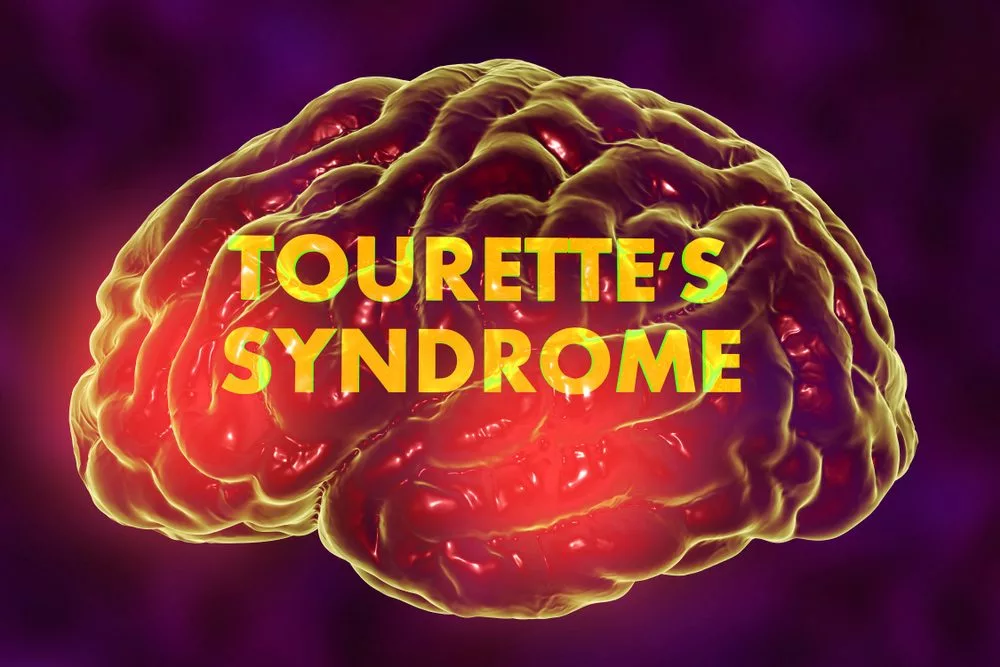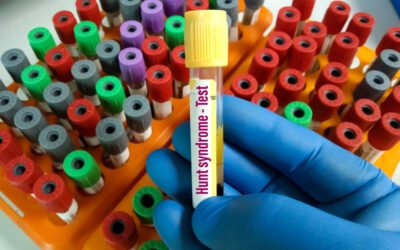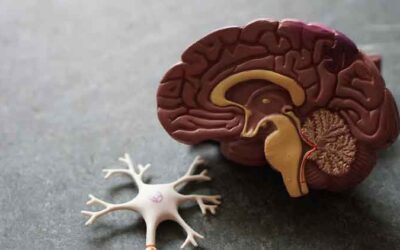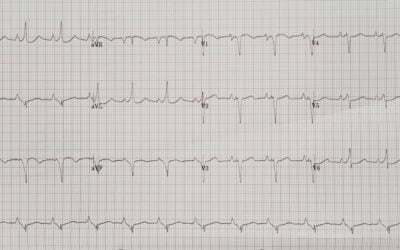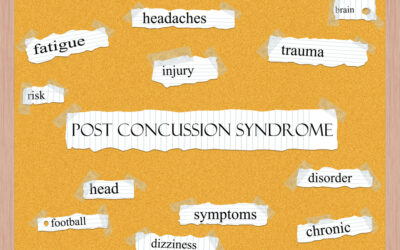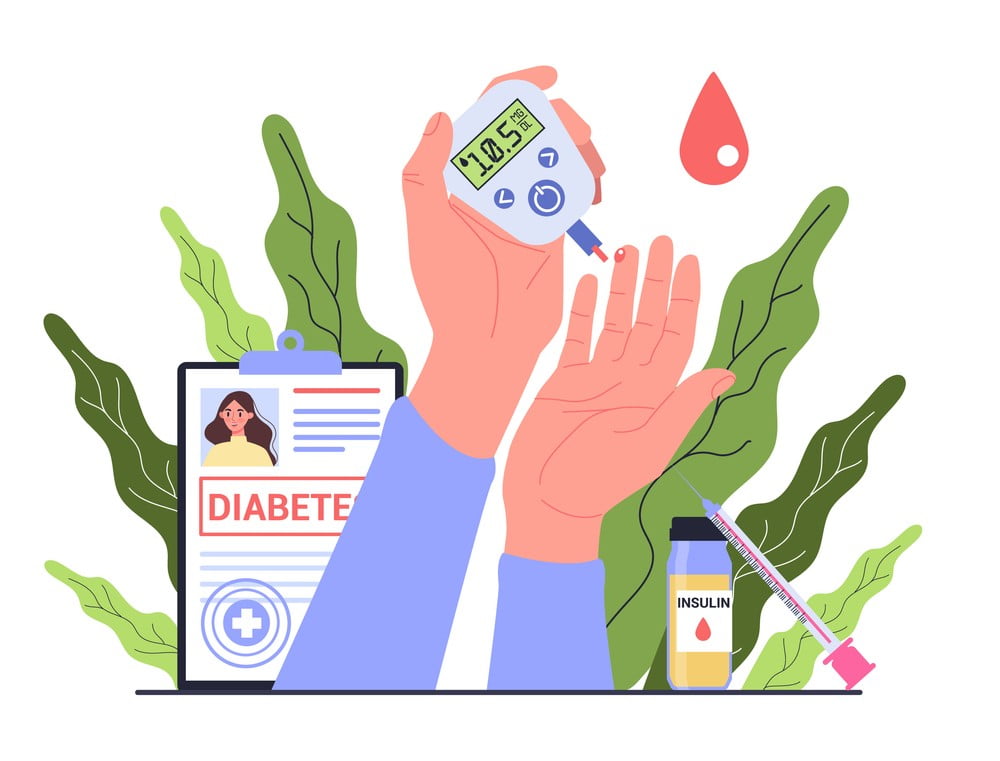In the last years, a film named Hichki was released in which Bollywood actress Rani Mukherjee is in the role of a female teacher who has tourette syndrome. In that movie, it showed the woman has difficulty in talking because of tourette syndrome and she is not able to speak in the right way. The woman looks normal not like a patient but when she feels tics (sudden shrinkage), she feels difficult to speak.
Before the film came, very few people heard the name of this disease. So today let’s see what is Tourette syndrome, how it happens, what are the symptoms are and how it is diagnosed and treated.
What is Tourette Syndrome?
Tourette syndrome is a neuro-psychiatric disorder that start in childhood. The disease has a problem with the nervous system of the human being, causing uncontrolled activities or different sounds which also called tics. This includes sudden repeating words, blinking eyelids, shaking the arms, clearing the throat, repeatedly sniffing and shaking the lips. The patient has no control over these symptoms.
Tourette syndrome does not affect the patient’s intellectual level or life expectancy. But because of their uncontrolled activities, sometimes patients feel embarrassment and low self-esteem, thereby dipping their participation in social activities.
It is often seen with other psychological disorders, such as attendance deficit hyperactivity disorder and obstructive compulsive disorder etc.
Tourette syndrome is named after the French physician, Georges Gilles de la Tourette, who first described the symptoms of the disease in the 19th century.
| Footnote. Tourette syndrome is a neuro-psychiatric disorder. It cause different sounds called tics. It is named by a French Physician who first described the symptoms of this disease. |
Causes.
The exact cause of Tourette syndrome is unknown, but according to doctors, genetic and environmental factors are involved. Research claimed that, such disease can cause through genetic.
Also, the symptoms of Tourette syndrome develop due to problems in basal ganglia. It is a part of the brain that controls human movements, eye movements, emotions and teaching skills. In addition, this problem arises due to imbalance of chemicals in the brain. It contains dopamine and serotonin.
| Footnote. Causes are yet unknown but doctors find that, it could be genetics. Also the symptoms develop due to problems in Basal Ganglia. |
Symptoms.
The symptoms of this disease are very mild, which are not easily identified. While other symptoms of tics have to be faced by the patient again and again. Stress, excitement, weakness, exhaustion or falling ill makes it more dangerous. The most serious symptom of this disease is, that it affects the everyday work and social life of the victim.
There are two types of tics occur in this syndrome. They are;
- Motor tics.
- Vocal tics.
In motor tics, the patient usually does the following things;
- Bending the arm or head.
- Blinking eyelids.
- Mouth shaking.
- Shaking off the shoulder.
In vocal tics, the patient performs such things;
- Loud Voice (Barking).
- Clean throat.
- Cleaning phlegm.
- The sound of groaning.
- Insist on saying things again.
- To shriek.
- Sniffing.
- To take oath.
Ticks are normal and complex. Normal ticks affect only a few parts of the body, in which the patient blinks or makes a mouth. While complex ticks affect most part of the body and he jumps, swears and shouts.
Before the motor tick, the person has a symptom, causing him to feel tingling and stress. But, when he starts doing an activity or movement, the symptom is automatically eliminated. The sensation does not last long.
Doctors have still not been able to ensure why this happens, but in half of the patients of Tourette syndrome, the symptoms of attendance deficit hyperactivity disorder (ADHD) appear to cause difficulty in paying attention, sitting and finishing the work. Tourette syndrome can also cause problems such as anxiety, lack of learning ability (dyslexia), lack of ability to control thoughts and behaviors etc.
| Footnote. There are mainly two types of symptoms can be seen in this syndrome i.e., motor tics and vocal tics. The symptoms are still not yet been understood that, why this happens. However, it happens only when the victim is in stress or any kind of difficult or nervous situation. But as soon as the victims get involves in work the symptoms goes away. |
How to Diagnosed Tourette Syndrome ?
If you or your child has such symptoms, the doctor may refer you to the neurologist or specialist. There is no test to confirm this syndrome but, doctor may ask you few questions, such as;
- What did you notice here today?
- Do you ever repeat someone’s words or make meaningless voices? Since when have you been doing this?
- Does anything improve your symptoms or worsen them further?
- Do you feel anxious or have trouble to concentrate?
- Does anyone of your family member have these kinds of symptoms?
Your doctor can perform an imaging test of your brain, so that the symptoms of Tourette can be detected accurately. These can be;
CT Scan.
A test in which pictures of organs and structures inside the body are clearly visible through magnets and radio waves.
| Footnote. This syndrome is diagnosed by two ways i.e., either by asking questions to the victim or through CT Scan. |
Treatments.
Sometimes ticks of tourette syndrome are very mild and do not require any treatment. But doctors recommend drugs if the problem increase. It may take some time to find out the right dose of the drugs to control ticks. So, you must take patience and follow the advice of the doctor.
Other drugs, including Haloperidol and fluphenazine which also effective to control ticks of tourette syndrome, that perform the function of a brain chemical, known as dopamine and help to control ticks.
Apart from medicines, patient also needs talk therapy. Psychologists or counsellors help the patients regarding how to fight with the problems caused by ticks. In addition, patients are also given behaviour therapy through which they can control the ticks.
| Footnote. If it is mild then it not require any treatment. However, doctors may prescribe some drugs to cure such kind of disease. On the other hand, some behavioural therapy also recommended in such cases. |
Lifestyle and Home Remedies.
Lifestyle and home remedies described below help you to deal with Tourette syndrome;
Get Help.
Your family, friends, doctors or support groups can help you to face the tourette’s challenges.
Stay Active.
Playing, painting and such kind of activities will take your mind away from your symptoms.
Relax.
Reading book, listening music, meditate, yoga or do some activities that you enjoy the most. This can help you to withstand stress.
Get Information.
Learn everything about your situation to let you know what to do if you have symptoms. If your child has Tourette syndrome, talk to his school about it.
Being socially fit can also be difficult for a child with a disease. Teach the child how to manage comments from other children.
Bottom Line.
Tourette syndrome is a neuro-psychiatric disorder which is cause by motor problem of brain. The individual often face awkward situation and difficultly to leading life. But, if it is treated properly like giving some therapies and drugs, it can help the victim to cure.
Apart from that everyone should understand the victim’s problem and should not treat them desperately. Instead, make them comfortable, so that it can make easier for them to handle and face the situation.
+5 Sources
Freaktofit has strict sourcing guidelines and relies on peer-reviewed studies, educational research institutes, and medical organizations. We avoid using tertiary references. You can learn more about how we ensure our content is accurate and up-to-date by reading our editorial policy.
- Pioneers of movement disorders: Georges Gilles de la Tourette; https://pubmed.ncbi.nlm.nih.gov/15168216/
- Everything You Need to Know About ADHD; https://www.healthline.com/health/adhd#:~:text=Attention%20deficit%20hyperactivity%20disorder%20(ADHD,and%20children%20can%20have%20ADHD.
- Dyslexia; https://www.mayoclinic.org/diseases-conditions/dyslexia/symptoms-causes/syc-20353552
- Haloperidol; https://www.webmd.com/drugs/2/drug-8661/haloperidol-oral/details
- Fluphenazine; https://medlineplus.gov/druginfo/meds/a682172.html

 Workout
Workout
 Meditation
Meditation
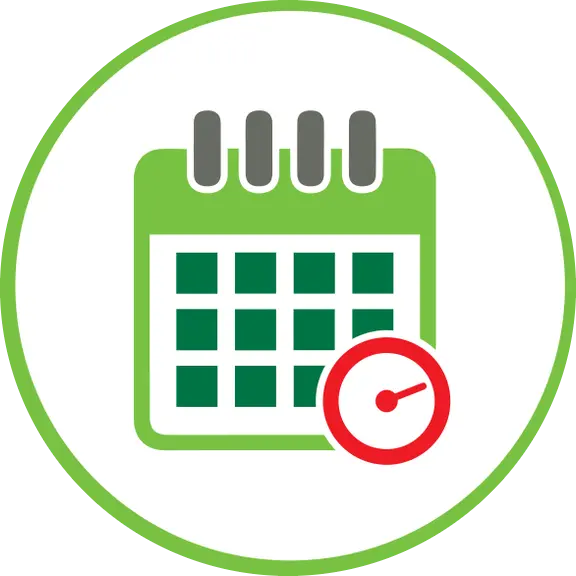

 Stories
Stories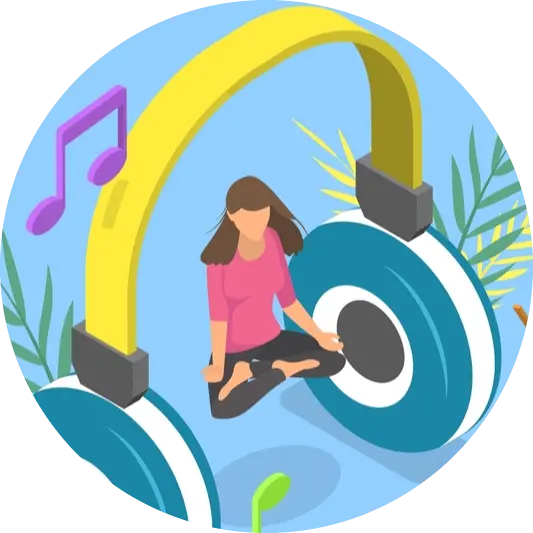


 Podcast
Podcast E-book
E-book